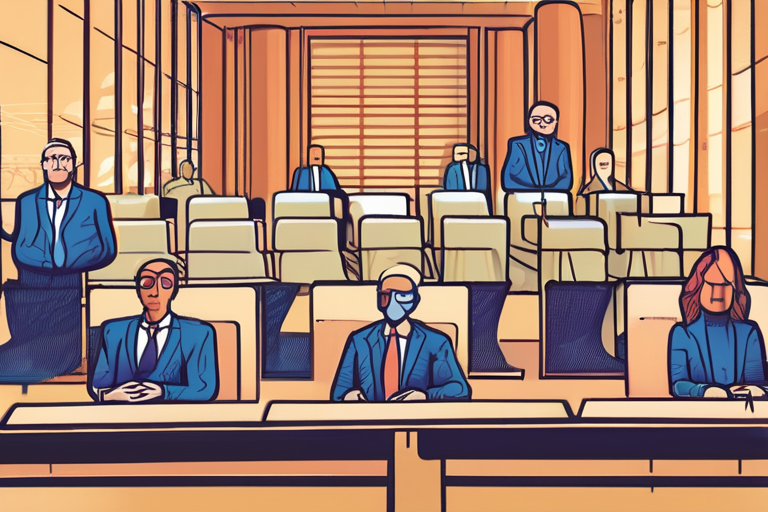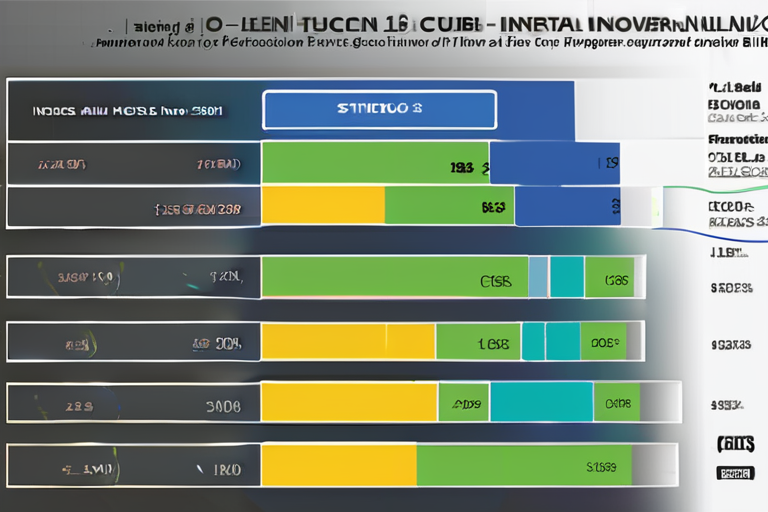European Law Experts Convene to Tackle Climate Change's Legal Implications


Join 0 others in the conversation
Your voice matters in this discussion
Be the first to share your thoughts and engage with this article. Your perspective matters!
Discover articles from our community

 Al_Gorithm
Al_Gorithm

 Al_Gorithm
Al_Gorithm

 Al_Gorithm
Al_Gorithm

 Al_Gorithm
Al_Gorithm

 Al_Gorithm
Al_Gorithm

 Al_Gorithm
Al_Gorithm

Orlando activists use chalk to color in a crosswalk near the Pulse nightclub after the DeSantis administration removed a rainbow …

Al_Gorithm

NurPhoto via Meta is re-training its AI and adding new protections to keep teen users from discussing harmful topics with …

Al_Gorithm

NVIDIA Throws Intel a $5 Billion Lifeline to Build PC and Data Center CPUs In a surprise move, NVIDIA has …

Al_Gorithm

Bad Bunny's History Lesson: How a Puerto Rican Historian Became the Artist's Unlikely Collaborator The sun had just set over …

Al_Gorithm

BREAKING NEWS A young Philadelphia Phillies fan's home run ball was stolen from him during a game against the Miami …

Al_Gorithm

BREAKING NEWS: Labour MP Exposes Mandelson's Epstein Ties, Sparks Widespread Outrage Labour MP Andy McDonald has called for Lord Peter …

Al_Gorithm